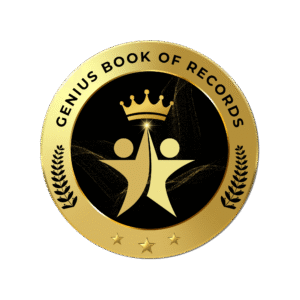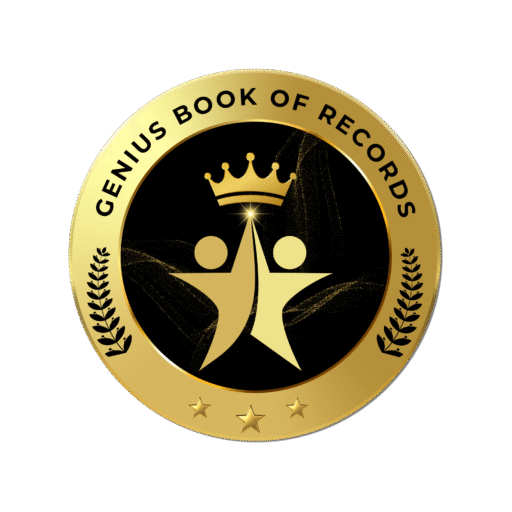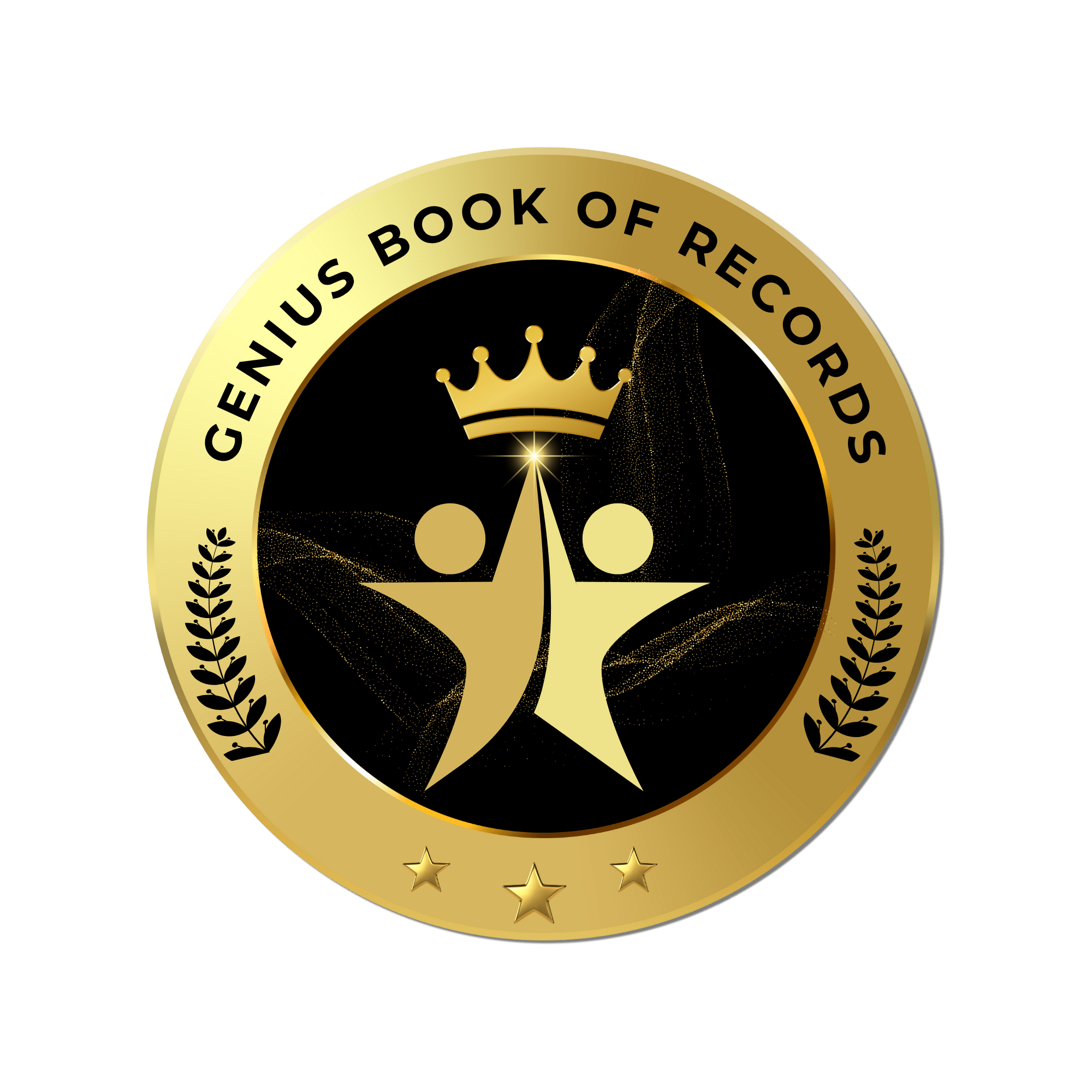In the eternal tug-of-war between mental & physical strength, one question often arises: if you had to choose, which would win – the brain or the body? This debate has fascinated philosophers, scientists, athletes & everyday people alike. It pits the mind’s logic, creativity & resilience against the body’s strength, speed & endurance. But is there a clear winner? Or is this battle more balanced than we think?
Let us dive into this fascinating showdown: the Ultimate Brain vs Body Test.
Round 1: The Power of the Mind
The brain is arguably the most complex organ in the human body. Weighing just about 1.4 kilograms, it controls everything – from the way we move to the way we feel, think & dream. It processes over 11 million bits of information per second (though consciously we notice only a fraction of that).
Mental Strength is not just about IQ or solving puzzles. It’s about emotional resilience, creativity, decision-making & the ability to bounce back from setbacks. Think of leaders like Mahatma Gandhi, Marie Curie, or Stephen Hawking – individuals whose mental strength moved mountains, even when physical strength was never their primary asset.
Key strengths of the brain:
- Strategic thinking & foresight
- Memory & learning capacity
- Emotional regulation & empathy
- Creativity & innovation
- Adaptability & problem-solving
The brain is also capable of rewiring itself, a concept known as neuroplasticity. This means we can learn, grow & adapt no matter our age or past experiences.
Round 2: The Might of the Body
The human body is a masterpiece of evolution. Our muscles, bones, heart, lungs & senses come together to allow us to move, lift, run, dance & survive. When trained & pushed, the body can achieve phenomenal feats – from climbing Mount Everest to breaking Olympic records.
Physical strength isn’t just about brute force. It includes endurance, agility, reflexes & coordination. A farmer working 12-hour days, a firefighter rescuing people from burning buildings, or a ballet dancer performing on stage – all showcase extraordinary physical prowess.
Key strengths of the body:
- Physical endurance & stamina
- Reflexes & reaction time
- Speed, strength & coordination
- Resistance to physical stress
- Immune response & healing
The body is also incredibly adaptive. With training, a sedentary individual can transform into a marathon runner or a yoga expert.
Round 3: Mind Over Matter?
You’ve likely heard the phrase “mind over matter.” & in many cases, it’s true. Mental strength can push the body to go beyond its perceived limits.
Consider this: ultramarathon runners often hit a wall around the 30-kilometer mark. Their legs are screaming to stop, but it’s the mind – the internal drive, focus & discipline – that pushes them forward.
Similarly, in high-stress professions like surgery or flying an aircraft, it’s the mental clarity & calm under pressure that saves lives. The body responds, but the brain leads.
Famous examples:
- Wim Hof, aka The Iceman, who can withstand extreme cold through breathing techniques & mental training.
- Soldiers & athletes using visualization & mental conditioning to improve physical performance.
- Patients recovering faster due to positive thinking & mental outlook, known as the placebo effect.
Round 4: When the Body Takes Charge
On the flip side, there are moments where the body takes over – especially in fight-or-flight situations. If you’ve ever experienced an adrenaline rush, you know what this means. Your heart races, muscles tense, pupils dilate – your body prepares to act before your mind can even process what’s happening.
In emergencies, instincts often take control. Reflexes & reactions bypass conscious thought. That’s the power of the body’s autonomic nervous system, acting without permission.
And let’s not forget that without physical health, the mind suffers. Regular exercise boosts memory, concentration & mood. In other words, a strong body supports a strong brain.
So… Who Wins?
It’s tempting to declare a winner, but the truth is more nuanced. The brain & body are not opponents; they are teammates. One cannot function optimally without the other.
Think of an elite athlete. Sure, they train their body endlessly – but they also train their mind. Visualization, strategy, focus & emotional control are all mental tools. Meanwhile, a chess grandmaster may not need to sprint, but they still need physical stamina to endure hours of intense thinking.
Rather than competing, the ultimate victory lies in harmony. A strong mind fuels a strong body. A healthy body empowers a sharp mind.
Everyday Lessons for Everyday People
This isn’t just about Olympians & scientists. It applies to all of us – students, professionals, parents, artists.
Here’s how you can balance your brain & body:
- Move Your Body Daily: Walk, stretch, dance, or work out – even 20 minutes a day makes a difference.
- Train Your Brain: Read, learn, play strategy games, meditate, or take up a new hobby.
- Rest & Recharge: Both mind & body need sleep, downtime & good nutrition.
- Listen to Signals: Physical pain or mental burnout are signs. Don’t ignore them.
- Fuel Right: Eat foods that support brain function & physical health – omega-3s, antioxidants, proteins & hydration.
- Breathe: Deep breathing calms the mind & balances the nervous system, connecting both brain & body.
The Real Test
The real test is not about choosing between brain & body. It’s about mastering both. Intelligence without health is limiting. Strength without thought is directionless.
In today’s fast-paced world, the ultimate winners are those who understand this synergy – who nurture their body as much as they expand their mind & who face life’s challenges with resilience, agility & balance.
So the next time you ask yourself, “Who wins – the brain or the body?” remember: they both do, when they work together.




